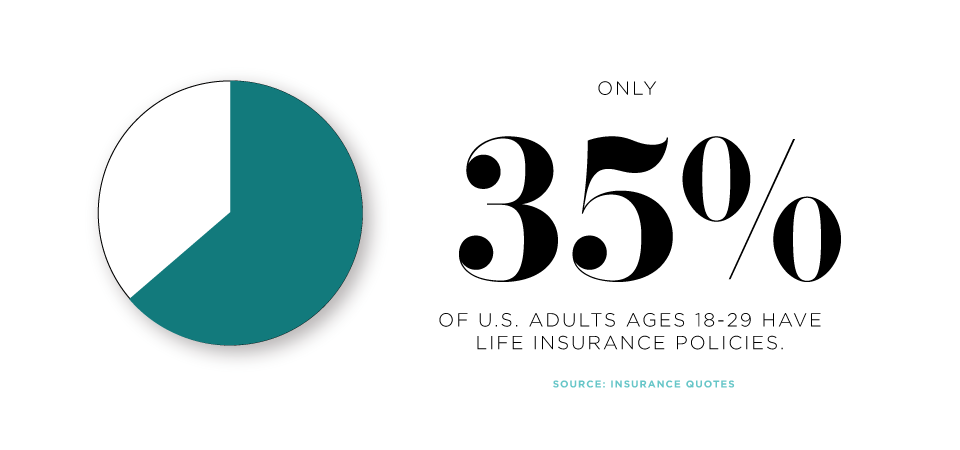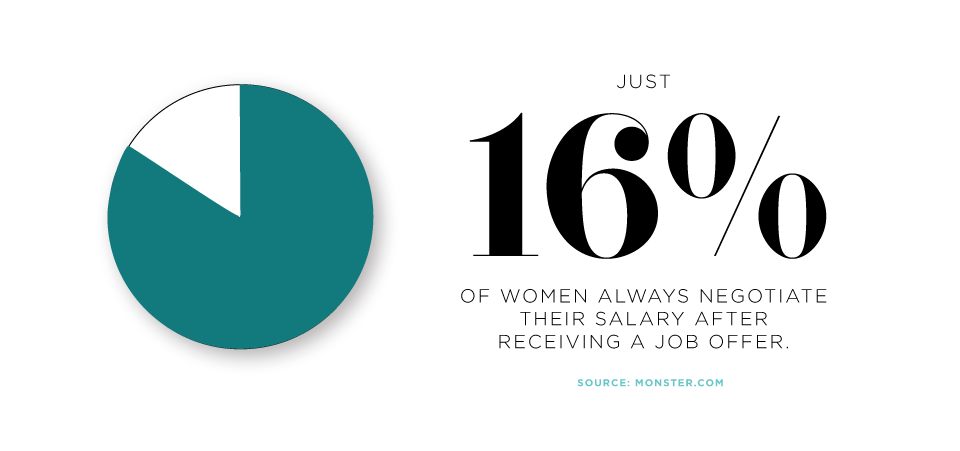When do we magically transform into adults?
Excluding Alabama, Mississippi, or Nebraska, most U.S. states consider you a legal adult when you turn 18 (the legal age of adulthood in those three states is 19, 21, and 19, respectively.)
As a woman, your body is what ultimately tells you when you’ve become an adult.
However, the majority of us don’t feel – let alone act – like grown a** women until long after our bodies and the law tell us we are adults.
So, When Do We Become Adults Then?
In some societies, a ceremony marks the transition into adulthood. For example, a girl of the Apache tribe traditionally becomes a woman only after she completes a
4-day sunrise ceremony. During the ceremony, the soon-to-be young woman is painted with a pollen mixture and unable to touch her own skin – this includes washing or drinking from anything other than a drinking tube.
Unfortunately, without an official ceremony to welcome many of us into adulthood, the majority of 20+ year-old women are unsure of how to become an adult.
Is There a Manual for How to Adult?
Although these resources offer valuable information, every woman’s journey into adulthood will be different. You will have your own unique priorities, challenges, and circumstances that influence how and when you “become an adult.”
Do What Matters Today
It’s inevitable – the choices you make as a young woman will influence your future.
Regardless if it’s how you spend your money, your success (or failure) at negotiating a fair salary, or even the decision to draft estate planning documents—each choice counts.
There’s no way of knowing exactly how these decisions will pan out, either. However, there are proactive things you can do to create the strongest possible foundation for your future.
Here are three things that every grown a** woman needs to do today, so that she’s in the best position to thrive as an adult in the 21st century. Don’t wait until it’s too late—your future self will thank you.
1. Purchase Life Insurance
The last thing anyone wants to think about is the financial impact of your death—right? How about thinking about that in your twenties?
At this stage in life, you’re probably young and healthy, likely without a spouse and children to care for or mortgage to pay off. What’s the point of purchasing life insurance?
Contrary to popular belief, your 20s are the ideal time for you to purchase a life insurance policy.
However, according to a study by
Insurance Quotes, only 35% of U.S. adults ages 18-29 have life insurance policies.
- Age
- Height & Weight
- Marital Status
- Number of Dependents
- Outstanding Debts
These factors are used to determine the probability that the life insurance company will have to pay out your policy in the event of your death. Your monthly premium is then based on the determined financial risk that you pose to the company.
Therefore, your monthly premium will be the lowest when you’re young, physically fit, healthy, single, don’t own a house, and have no dependents. Since a life insurance policy typically lasts for decades—if not your entire life—a lower premium translates into thousands of dollars in long-term savings for you.
According to
Investopedia, a life insurance premium amount increases about 8%—10% for every year of your life.
Getting locked into a life insurance policy with a good rate at a young age will help you save money. So, don’t wait for your premium rates to rise after your next birthday—purchase a life insurance plan today.
2. Learn How to Negotiate Your Salary
Congratulations, you’ve wowed the hiring manager by
writing a great resume and
acing the interview, and you’ve finally landed a solid job offer! All that’s left is to negotiate an equitable salary—how hard can that be?
As it turns out, for the majority of women it’s very hard. According to a
study by Monster, only 16% of women always negotiate their salary after receiving a job offer.
Although a salary negotiation isn’t a comfortable conversation, the extra income is undoubtedly worth the discomfort. So, why do so many women settle for the first salary they’re offered?
A major factor is that women aren’t confident in their ability to negotiate.
Research by Monster shows that only 15% of women strongly believe they are effective negotiators.
But don’t worry—that doesn’t mean that you need to settle for lower salaries and higher prices at the local farmer’s market for the rest of your life. It just means that you need to learn how to negotiate more effectively. Start
adulting with your salary ASAP.
Come Prepared with Numbers
First, come prepared to the meeting with a number for your ideal salary. If possible, be the first party to name a figure in the negotiation.
According to
Science Daily, human beings have a natural tendency to fixate on the first number, referred to as an anchor, that is provided in a negotiation. Consequently, the person who suggests the first number is able to dictate the direction of the negotiation.
For example, if you’re expecting a salary of $70,000, but the HR manager begins the negotiation with an offer of $50,000, it’ll be difficult to raise the negotiation by $20,000.
Establish a Reservation Value
Alternatively, before entering the negotiation you should have a “
reservation value,” which is the lowest non-negotiable salary you would accept. Any offer below your reservation value should be considered unacceptable.
If you start by requesting a salary of $70,000, what’s the lowest counter-offer you’re willing to accept? Would you be fine with a salary of $60,000, but not $55,000? Set a line and stand strong—there are other jobs out there if this one fails to meet expectations.
3. Create a Medical Power of Attorney
Most Americans feel invincible in their 20’s, and therefore think there’s no need to plan for serious illness, injury, or death. After all, if countless college benders, skydiving, and the Tough Mudder obstacle course couldn’t kill them – nothing else can.
Life is unpredictable, and it’s important to be prepared for the worst-case scenario.
The best way to protect ourselves if something bad does happen is to have the correct documents in place, and arguably the most critical document of all for such a scenario is a
Medical Power of Attorney.
A Medical Power of Attorney is a legal document that allows you to choose someone you trust to make healthcare decisions for you – just in case something happens, and you become unable to do so yourself.
A Medical Power of Attorney is often paired with a
living will, a document which allows you to detail how you want specific healthcare decisions to be handled. For example, you can use it to specify whether or not you want to be an organ donor, and you can also make your opinion clear on how you feel about different types of life-sustaining treatments.
Although these can be tough topics to think about, they come with the territory of growing up and becoming an adult (whether we like it or not.)
It’d be impossible to wake up one day and have it all figured out. Becoming an adult is an ongoing process that you’ll need to figure out as you go.
Besides, half the fun of being young is making—and hopefully learning—from your mistakes. You don’t have to stop late-night texting your ex and go buy guest towels tomorrow in order to start “adulting.”
However, don’t let yourself miss opportunities today that will protect you and allow your future self to succeed. Start slow, by tackling three things that every grown a** woman needs to do—today.












